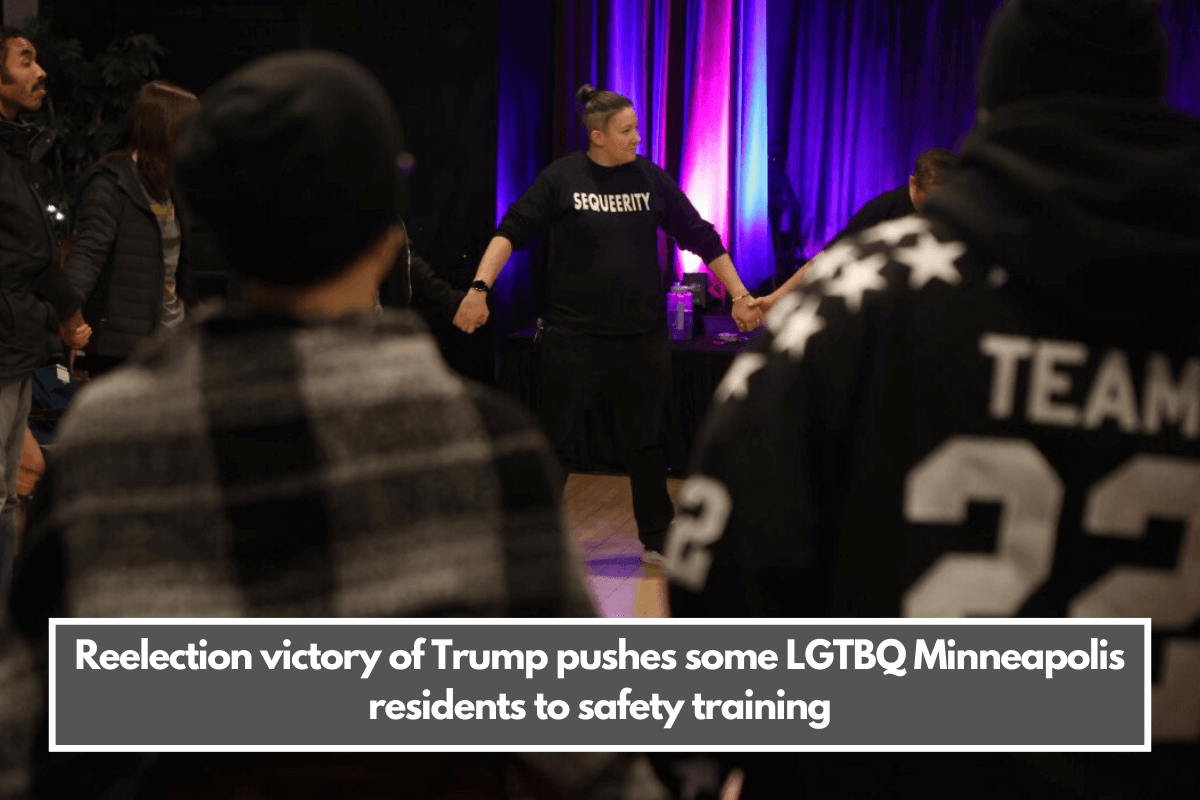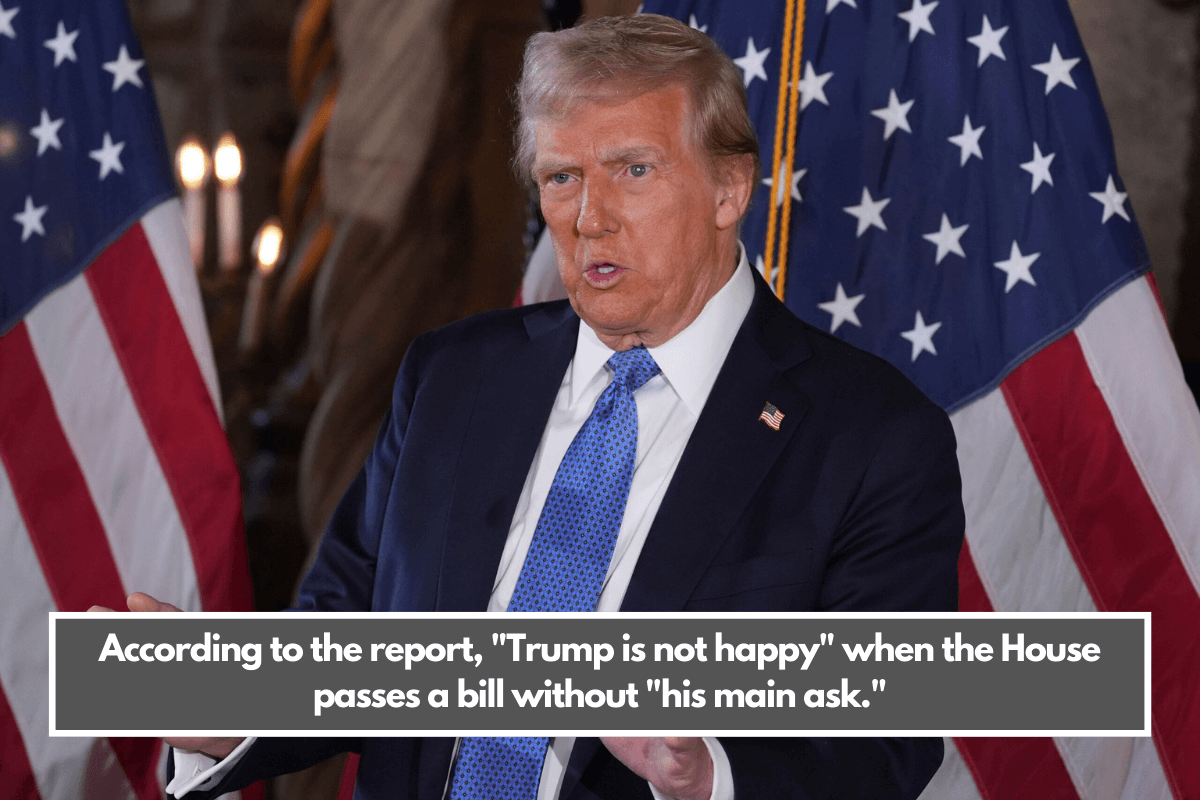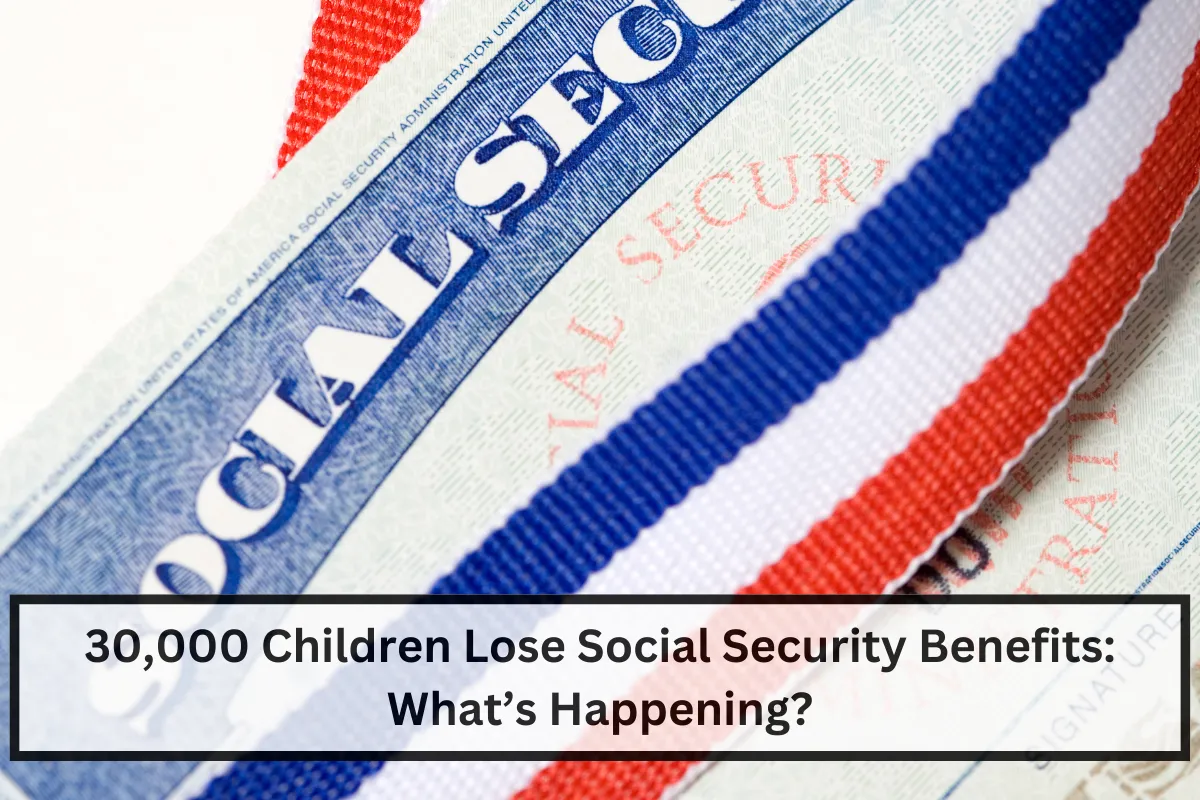Kimmy Hull awoke the morning after Election Day to find that her inbox had been inundated overnight.
“There was over a hundred emails from people asking about our permit to carry classes,” Hull recalled.
Hull, a former private security guard who is also half-Asian and lesbian, is committed to ensuring the safety of Minneapolis’ communities of color and LGBTQ residents.
Her company, Sequeerity, provides de-escalation services, community defense programs, and guns training. However, Hull believes the post-election rise in clients searching for gun training indicates a new sense of urgency.
“At least half of them are like, ‘You know, we thought about getting a gun, you know, back during the uprising and everything,'” she said, referring to the social justice protests in Minneapolis that followed the 2020 police killing of George Floyd.
“After Trump’s reelection, we decided that it doesn’t matter if they want one or not.” They feel compelled to have one.
Transgender persons account for less than one percent of all adults in the United States, yet they are being targeted by right-wing initiatives to curtail their rights and public visibility.
Hate attacks against LGBTQ persons more than doubled between June 2023 and 2024, according to data compiled by GLAAD, an LGBTQ media watchdog and advocacy organization. Among the 1,109 occurrences, trans and queer people were disproportionately targeted.
According to AdImpact data, Republicans spent around $230 million on anti-transgender television commercials during the 2024 election campaign.
State-level legislation addressing transgender rights has also increased dramatically, more than tripling from 2022 to 2023, with 615 bills discussed. These laws are mostly based on inaccurate assertions that portray transgender persons as either helpless victims of profit-driven medical treatments or child predators.
Trump has also threatened to further limit transgender rights, such as access to gender-affirming care and Title IX safeguards for transgender students.
Trump-Vance transition spokeswoman Karoline Leavitt told NPR that “President Trump will serve ALL Americans, even those who did not vote for him in the election.”
However, as a result of Trump’s election triumph, many trans Americans are reconsidering how they ensure their daily safety. Many members of the community are returning to a long-held motto: We keep ourselves safe.
Sequeerity is an unusually prominent example of these attempts to help local trans neighbors learn self-defense skills and gain access to services.
“And the scary part about this is that this is Minneapolis, Minnesota,” Hull told me. “We are one of the safest states for trans communities, and our trans communities are buying guns because they don’t feel safe.”
“We’re going to lose people”
On a December night that even seasoned Minnesotans described as freezing, around two dozen individuals balanced pizza on paper plates and sat in a wide circle on the performance floor.
They were there to learn about community defense – how to protect themselves and their neighbors against harassment or worse. The gathering, which consisted primarily of young individuals, was diverse in terms of race and gender.
Hull presided over the meeting alongside Sequeerity’s CEO, Sam Koshiol-Wright.
“Quite frankly, we’re going to lose people,” Hull told the group, emphasizing how seriously she takes the pushback against trans and minority identities. “So my hope is that we can limit the amount of damage that our communities are going to take on in the next four years.”
Hull and Koshiol-Wright led the group through 90-minute conversations about improving situational awareness, which is the technique of continuously observing one’s environment in order to assess dangers and make informed safety decisions.
They emphasized the value of “podding up,” which meant forming networks of friends and neighbors who could rely on one another for assistance with anything from grocery shopping to emergency medical care. Throughout, the emphasis was on developing personal talents and strengthening communities, rather than relying on governmental resources such as the police.
Hull isn’t the only one who has heard from folks concerned about their safety. Roxanne Anderson, a co-organizer of the community defense meeting, said she has as well. Anderson is the director of Our Space, a movement that aims to create an LGBT community center in Minneapolis.
“When our [government] policies don’t kind of reflect a protective nature, then people … take it upon themselves to make sure that they can protect themselves,” Anderson said. “I think people have just begun to realize that not only is there a need to protect themselves individually, but we also have to have greater strides in community protection.”
Minnesota offers some of the most comprehensive transgender protections in the country. Officially designated as a “trans refuge state,” it has established transgender people’s right to medical care and protection from discrimination.
However, transgender people in the state continue to face assault. In early November, two transgender women were attacked at a Minneapolis light rail station. In the spring, a transgender high school student in Minnetonka was assaulted by another student, breaking her jaw.
By the end of the meeting, the group had decided to hold continuous, biweekly trainings. Hull and Koshiol-Wright’s trainings focus on peaceful, common-sense approaches. However, since 2020, Sequeerity has been prepared to provide further assistance to anyone who believe they require more than that to remain secure.
“Better to be safe than sorry”
Hull also offers one-on-one sessions to persons who have passed a four-hour online permit to carry course. Jayce, a 35-year-old former schoolteacher, is a transgender Black man. He requested that just his first name be used due to concerns for his safety.
“You know, with kids in my house, I never really thought I would own a gun or want one in my home,” Jayce told me, “but with things in the state that they are, [it] just seems better to be safe than sorry.”
Hull, the daughter of a Vietnam War veteran, grew raised among guns. However, she understood during the George Floyd insurrection that other people from underprivileged communities required a culturally sensitive introduction to weapons.
“Our permit to carry [class]… covers everything we’re absolutely required to cover, but we also gear it specifically with best practices and tips on how to handle being a gun owner as a person of color, as a queer person, as somebody who is not of the norm,” Hull told me. “Because it looks very, very different when a white dude who’s carrying a gun gets pulled over by a cop compared to a young Black man who’s carrying a gun getting pulled over by the same cop.”
Jayce has factored that risk into his calculations; he believes that having a gun will be safer in the coming years than not having one.
“It’s been said that there’s going to be all these things that [the Trump administration is] going to try to undo as far as rights for [trans] folks,” Jayce told me. “If that kind of rhetoric emboldens people to try to cause harm, it feels safer to be prepared.”
Protecting the Proud Boys
Sequeerity, unlike many grassroots networks formed to safeguard the LGBTQ community, is a for-profit enterprise.
Hull charges for guns training, and she also pays workers and contractors to help de-escalate emotions at events like Pride parades and drag shows. During “festival season,” which begins in April and runs through the fall, the business staffs up to six events every day.
“We seek for warning indicators. “We look for heightened behaviors, attitudes, and feelings,” Hull said. “And then when we encounter them, we approach it in a gentler, I call it the ‘soft touch’ way, where you just stop in and just check in with people.”
Recently, Koshiol-Wright and two other Sequeerity de-escalators were present at the Minnesota State Capitol.
They had been engaged by Gender Justice, a legal and advocacy organization, to defuse any tensions that could arise before or after that morning’s oral arguments before the Minnesota Supreme Court. The Supreme Court was considering a groundbreaking case about a transgender athlete’s exclusion from women’s powerlifting championships.
“Really, our role is to allow people to have their freedom of speech, to allow them to have their… First Amendment [rights],” according to Koshiol-Wright.
She and her two colleagues dressed casually in black trousers and hooded sweatshirts with the word “Sequeerity” emblazoned across the front. Although firearms are permitted in the Minnesota State Capitol, they did not carry them.
Instead, Koshiol-Wright opens a cross-body bag to reveal what she carries inside.
“I have gum and Uncrustables. “This is my favorite fidget toy,” she explained, bringing out a squishy pink stress cube. “You know, I have used all of these things in lots of different ways.”
During the last two legislative sessions, Koshiol-Wright claimed Sequeerity was frequently present in the state capitol on days when lawmakers were debating trans rights legislation.
She stated that even though proponents and opponents of those laws were enthusiastic, Sequeerity was able to assist diffuse tensions by observing behaviors that could lead to physical conflict and intervening early to prevent it. Sometimes this means just calming someone down, dividing camps, or utilizing snacks and toys to quiet or distract someone.
Keeping the peace has occasionally pushed Hull and Sequeerity into unorthodox territory. After the US Supreme Court reversed Roe v. Wade in July 2022, thousands of pro-abortion access demonstrators gathered at the Minnesota State Capitol. Hull stated that the issue was that several Proud Boys members also came there.
“And the problem is, you can bring a firearm to the Capitol, correct? So all these Proud Boys walk up with guns,” she recalled, “and we had to make a circle around them to keep the audience from striking them, kicking them, or doing anything else.”
Hull claimed that this was actually to safeguard pro-abortion access protesters.
“I’ll do whatever it takes to make sure that people get home, you know?,” she answered. “If we’re out there and violence is happening, physical violence, [law enforcement is] not going to let us be able to go back out there, not to mention how many of our people are going to get hurt.”
Working with law enforcement
Hull also communicates with law police, offering information about Sequeerity’s upcoming activities as well as indicators of potential threats to those meetings. She recognizes that some of the vulnerable communities with which she works may find this cooperation difficult. However, Hull stated that she must adopt a practical attitude to safety.
“There’s no functioning society that doesn’t have an enforcement group of some sort,” she told me.
Hull believes there is a significant distinction between what a de-escalation team like Sequeerity might perform at an event and law enforcement or contracted security services.
She claims that her team’s first goal is to keep people safe rather than defend property. When Sequeerity is unable to de-escalate a threat, they contact on-site security agents.
According to Koshiol-Wright, certain law enforcement units have embraced Sequeerity’s participation during high-tension gatherings, while others have not. In the rotunda of the state capitol, she and state police spoke with amiable ease.
A representative for the Minnesota State Police declined to comment on Sequeerity.
Hull stated that some Minneapolis Police Department officers have collaborated successfully with Sequeerity, while others have not.
However, she stated that Officer Derek Chauvin’s shooting of George Floyd showed a nationwide trend that has led many people of color and LGBTQ residents to see the department as a threat rather than a protector.
The Minneapolis Police Department did not respond to NPR’s interview request. However, a link on the agency’s website to a “LGBTQIA Liaison” directs to a 404 error page. It’s a clear example of the concept that motivates Sequeerity’s work: oppressed populations must look to themselves for security now and in the coming four years.




















